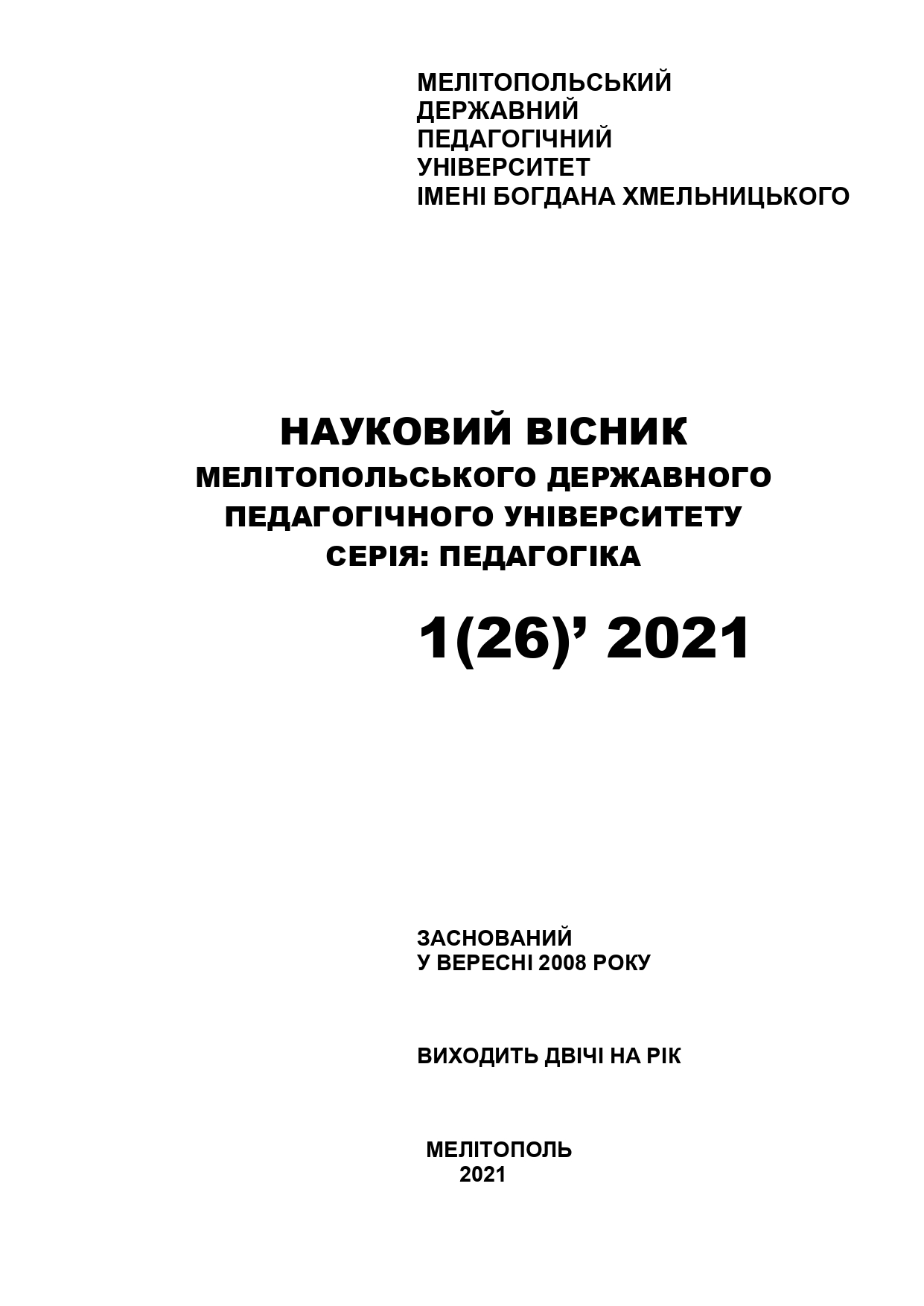Philosophical basis for understanding the concept of “mercy” as a family value.
Abstract
The article substantiates the actualization of the philosophical heritage of antiquity in modern approaches to family education based on humanism and mercy. The works of such prominent philosophers as Socrates, Plato, Aristotle, Confucius, Seneca, Marcus Aurelius, Cicero, Lucretius, namely their approaches to educating the younger generation in an atmosphere of kindness, compassion and empathy were analyzed. Emphasis is also placed on the need for a modern scientist to address the problems of family upbringing, where mercy has lost its significance as the most important human value. It seems possible to revive basic family values, such as tolerance and compassion. Thus, the theoretical ideas of ancient philosophers are systematized and the experience of educating mercy for their creative use in the family upbringing of a modern child is generalized. We emphasize the need to treat a person as a value, which is a key thesis of Confucius’ philosophy. The teachings of Socrates and Plato on the importance of showing compassion to others are also described. The need to use the creative work of ancient Roman philosophers as true bearers of kindness and mercy, who see the real development of the state in the education of kindness in each individual, is emphasized. The interpretation of mercy by Seneca who first began to use the term is given as well. The main approaches to the education of compassion by Cicero and Epictetus are characterized. Plutarch’s “Biographies” are described as a good example for parents and children. It is emphasized that without the cultivation of such humanistic values as mercy, tolerance, humanity, compassion, empathy, it is difficult to expect an improvement in the moral situation in modern society.




